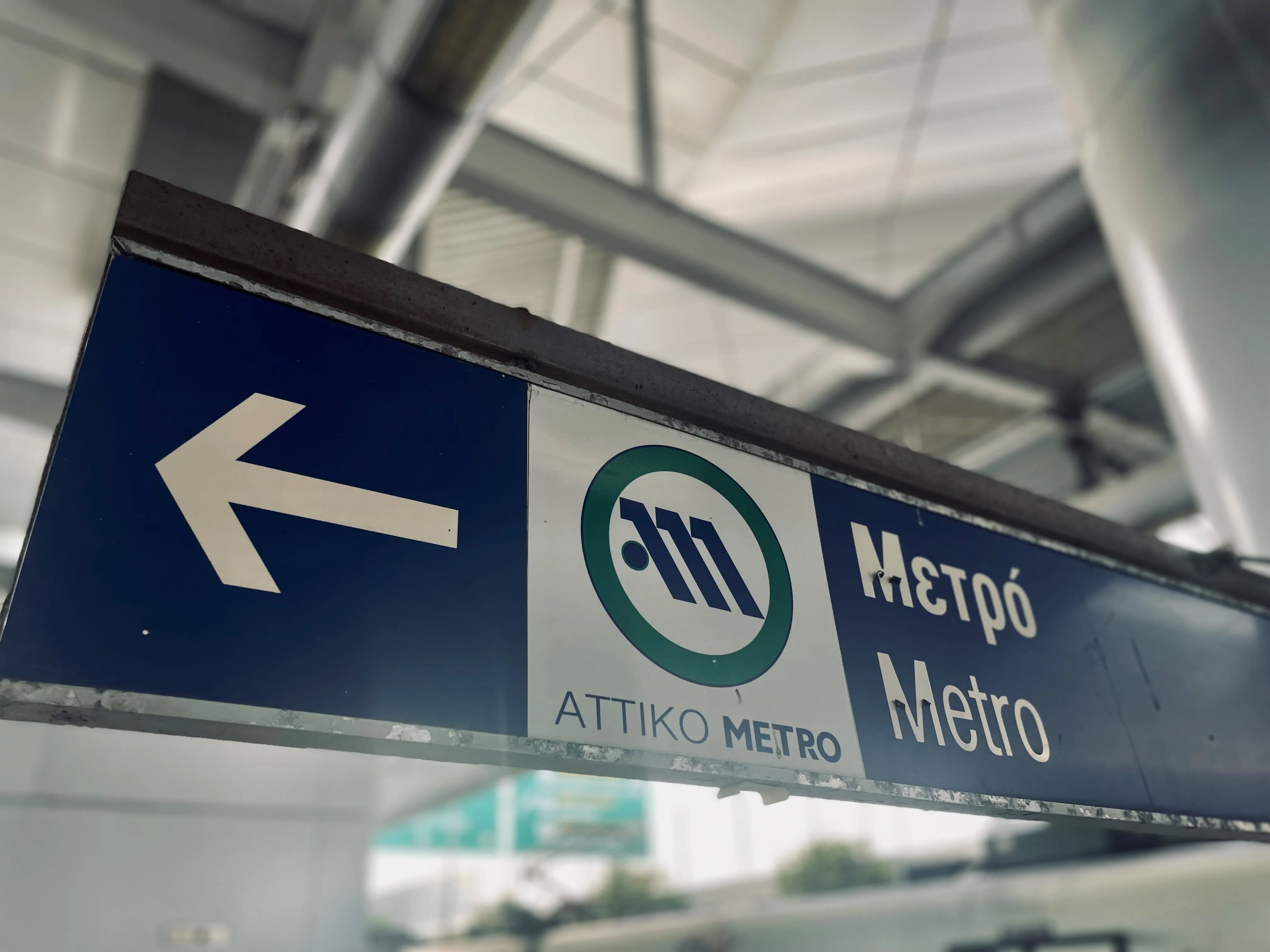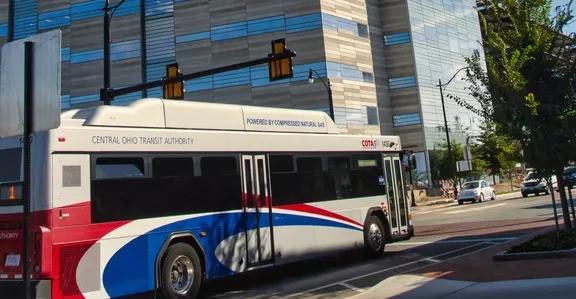
Transit payments processing specialist Littlepay has begun a city-wide roll-out of contactless payments across all transport modes in Athens, Greece.
The contactless payment initiative, led by the public utility Athens Urban Transport Organisation (OASA) and its selected suppliers, is intended to simplify the daily commute and make public transportation more accessible.
The project is a collaboration between Littlepay, credit card company Visa, Cybersource (an American payment gateway) and Brazilian payment platform Planeta Informatica and key stakeholders, including National Bank of Greece, digital payment solutions provider HST, digital transformation company LG CNS and ASIS, the American Society for Industrial Security.
In the first phase of the deployment, riders on the bus from Athens International Airport will be able to pay for their €5.50 flat fare using a contactless bank card or a mobile wallet. This will be swiftly followed by a full roll-out across the city’s metro, tram, trolleybus and bus services.
Littlepay said the project came to life in an incredibly short timescale. Littlepay’s involvement began only in mid-February and the first roll-out went live only 10 weeks later, explained Sheryll Ricketts, solutions consultancy lead at Littlepay.
“There were many stakeholders involved in this deployment that had to work together to make OASA’s vision come to life,” she said. “I am proud of our team and our partners who have pulled together to launch the solution in record time. Hopefully, this will pave the way for many more projects in Greece.”
“We are confident that citizens and tourists will benefit from the upgraded experience of travelling within Athens Metropolitan area, after the completion of the project at the end of 2024,” said Kang Sok Kim, software architect at LG CNS. The company is a South Korean professional DX (Digital Transformation) company within the LG Group, offering IT system integration services such as IT consulting and development.
Littlepay said the project is a good example of how a VSAM - virtual storage access method - deployment can breathe new life into older card readers and massively reduce both capital cost and the time to rollout. VSAM is a file management system that allows access data in various ways. Planeta’s VSAM is a small modular add-on that slots inside existing validators to “switch on” open-loop transit payments. This can be achieved without major changes to the existing validator hardware or software, reducing reliance on the existing terminal supplier. The solution is basically plug-and-play.
Littlepay and Planeta have a long-standing relationship, having collaborated previously on similar open-loop projects in Peru and Costa Rica. The physical deployment is a simple job of opening the validator and slotting the VSAM chip in. With OASA running nearly 8,000 validators across the city, the cost and time savings are difficult to overstate, said Littlepay.
Littlepay is a transit-focused payment specialist which provides payment processing at the heart of a contactless EMV ticketing solution. EMV stands for Europay, Mastercard and Visa, the three companies that created the standard. Its modular, API-based payments platform plugs-and-plays with pre-integrated ‘Littlepay-Ready’ validators, back offices, payment gateways and acquiring banks. This gives transit agencies a fast, flexible route to contactless payment acceptance.









